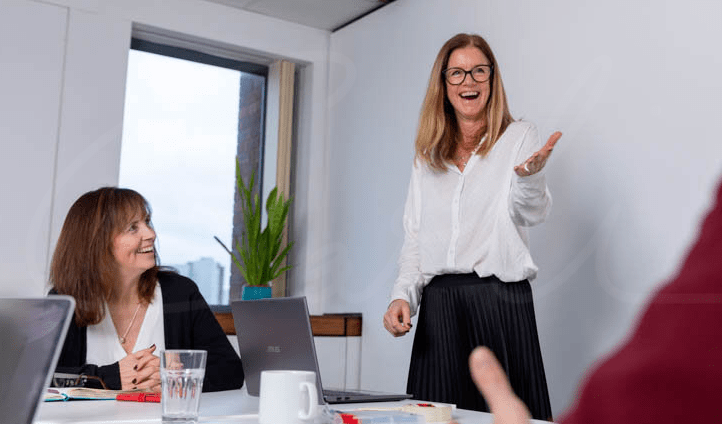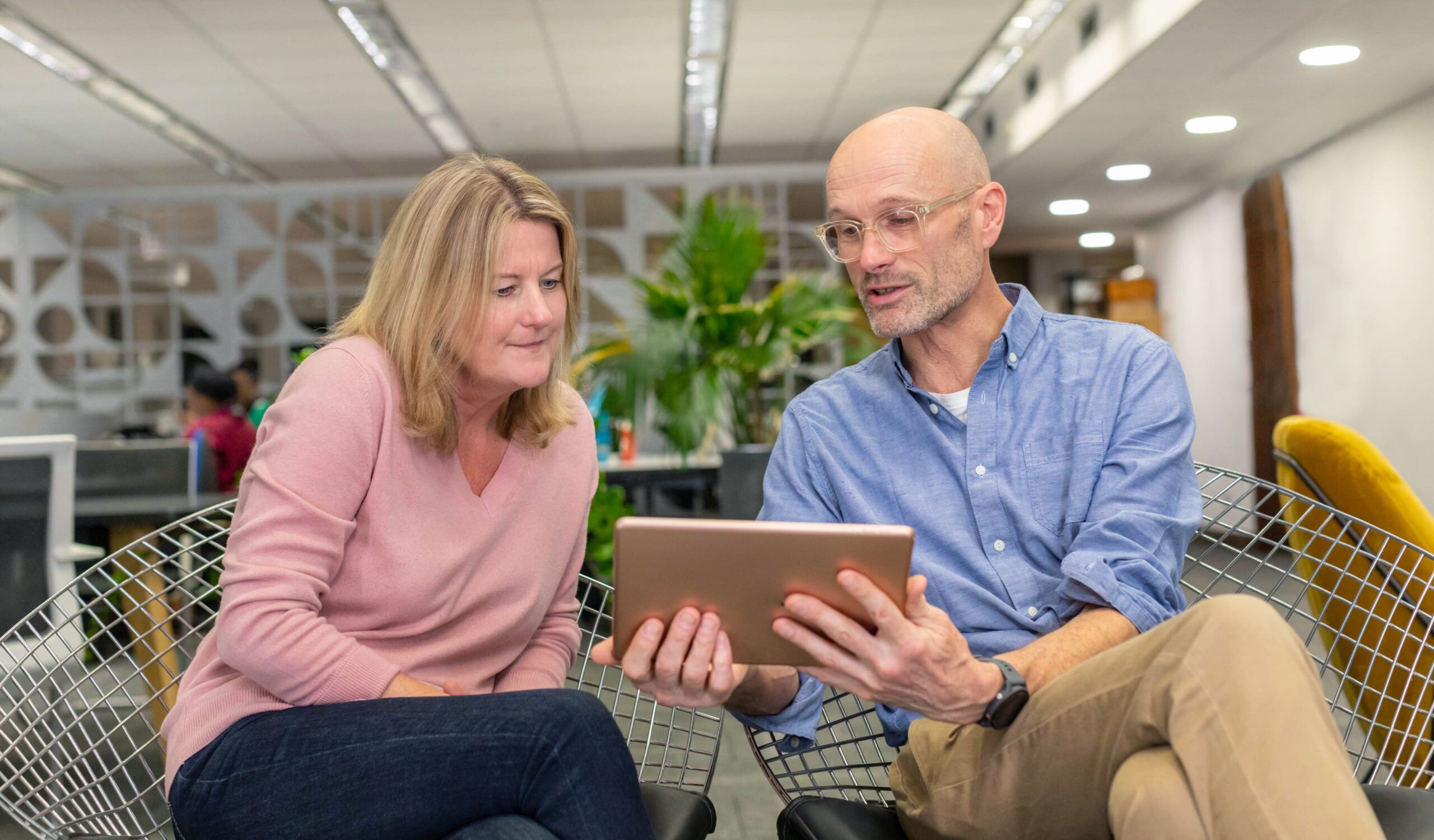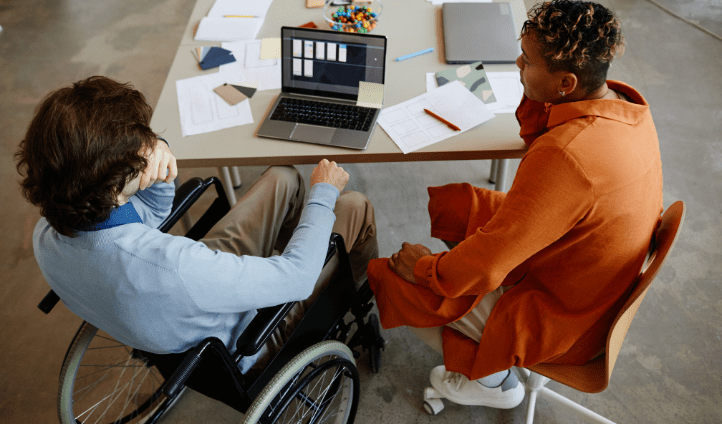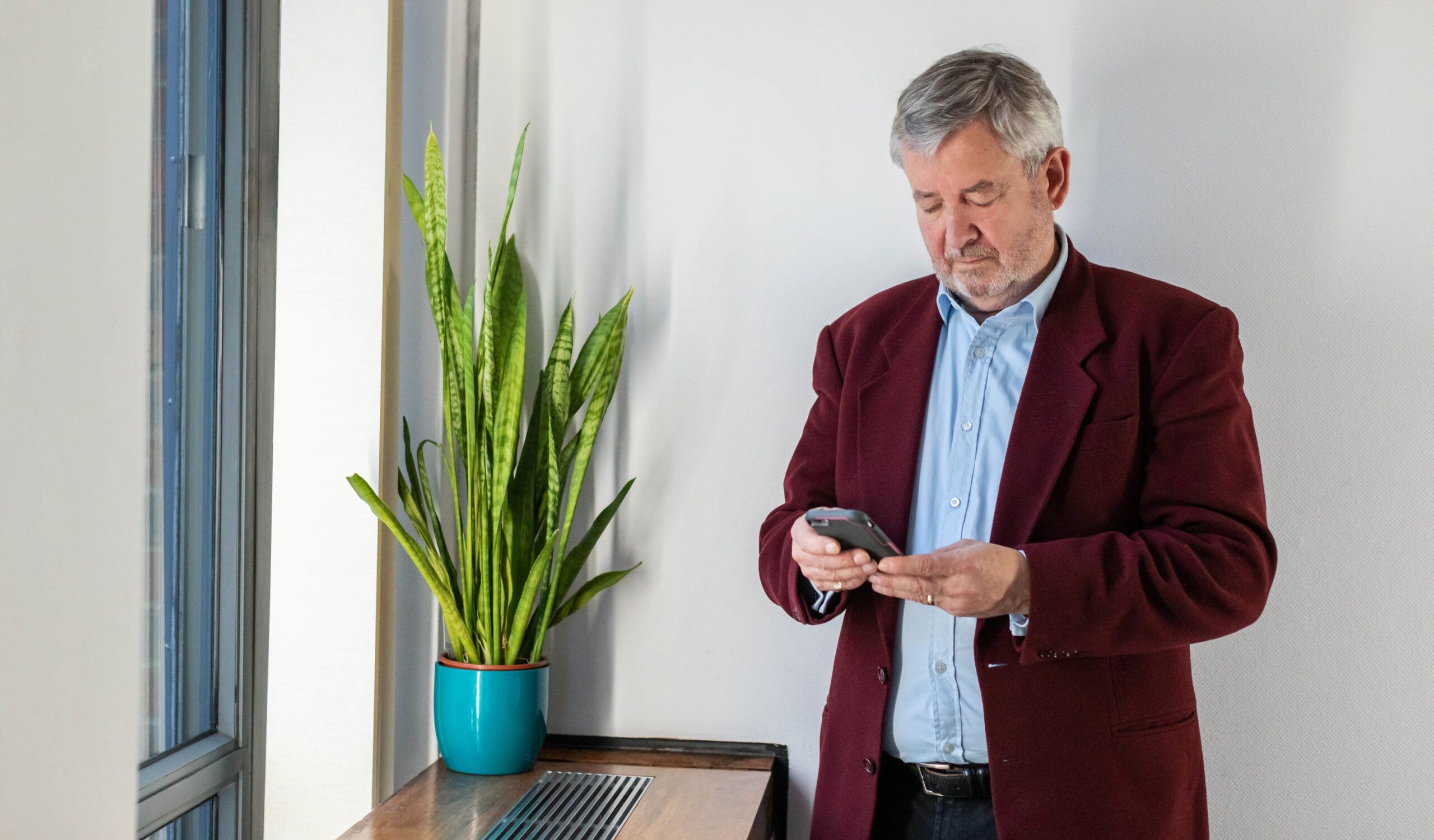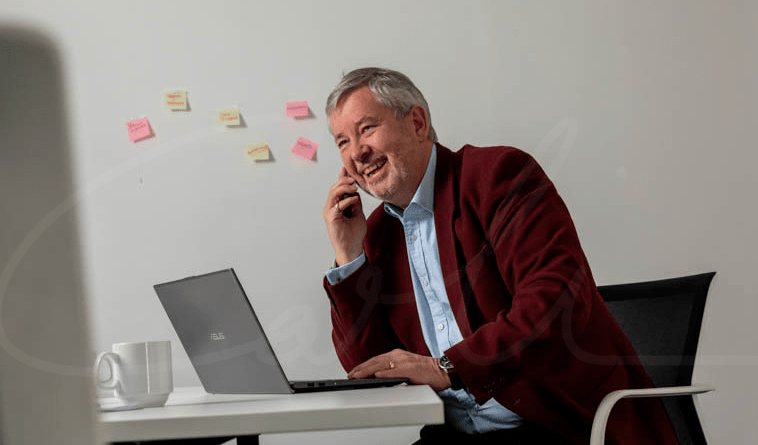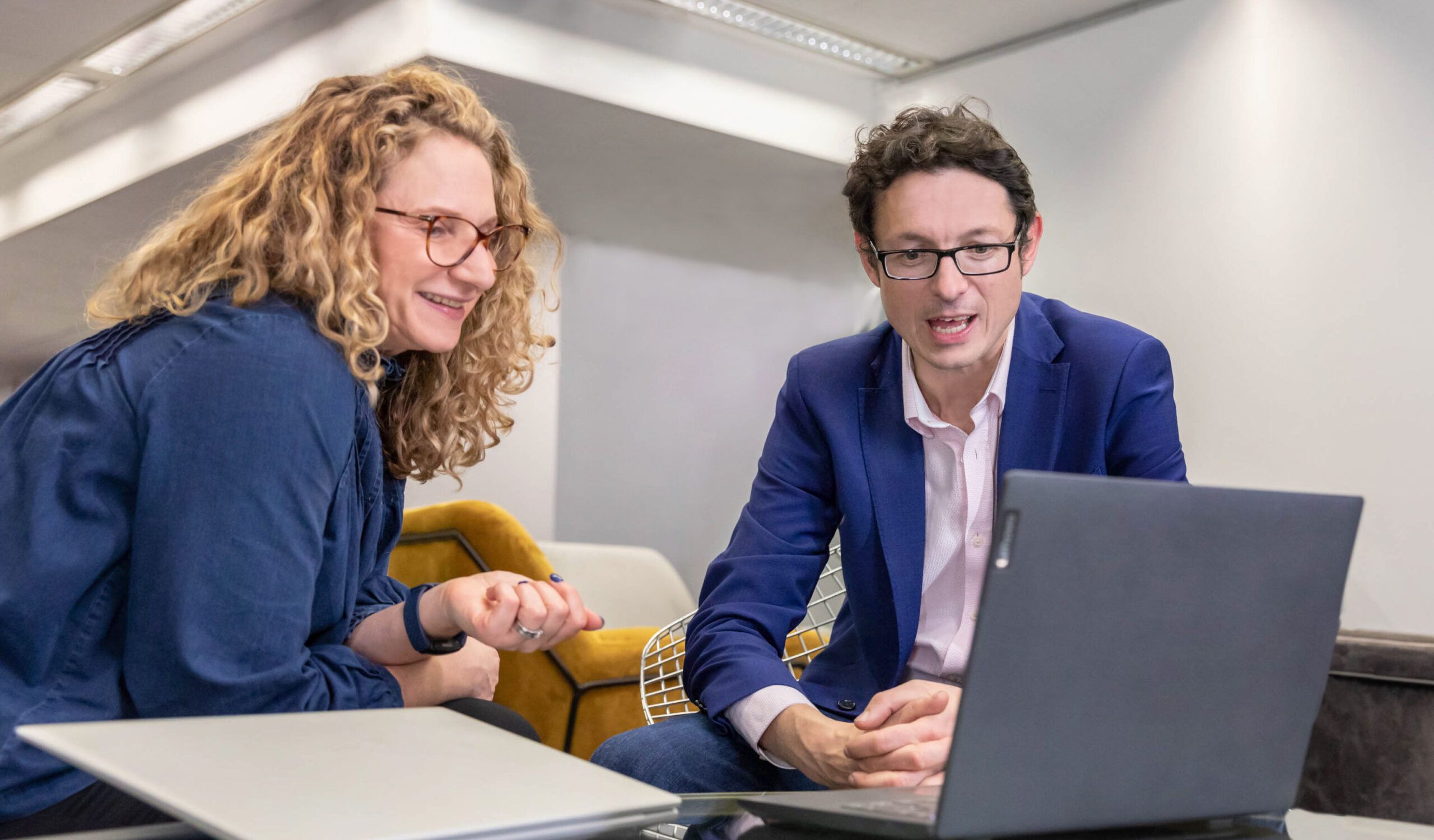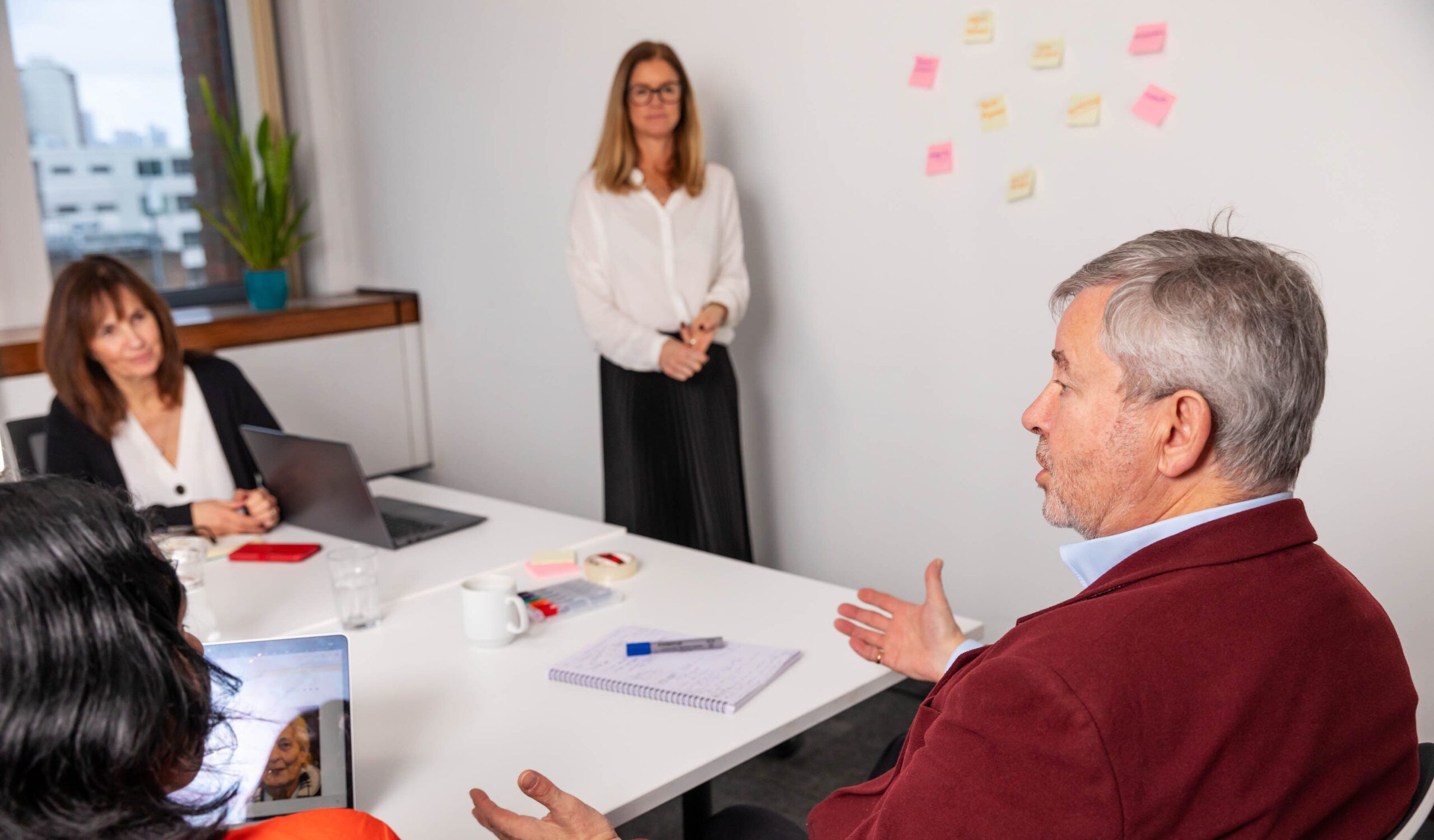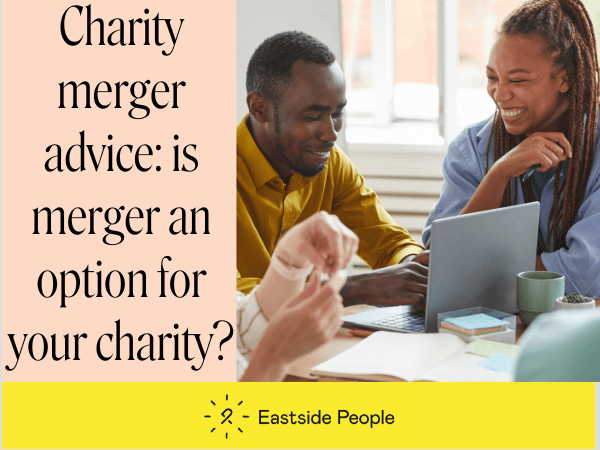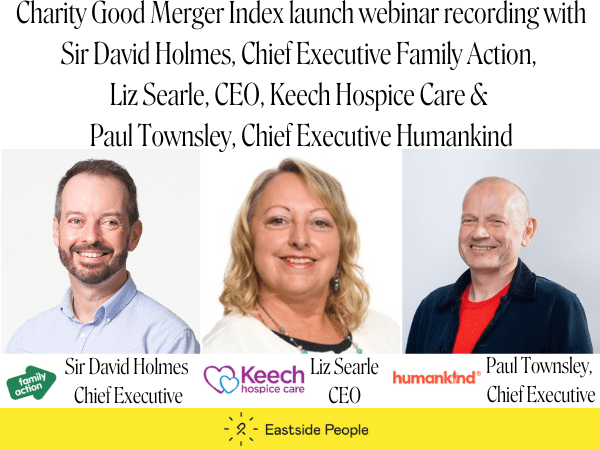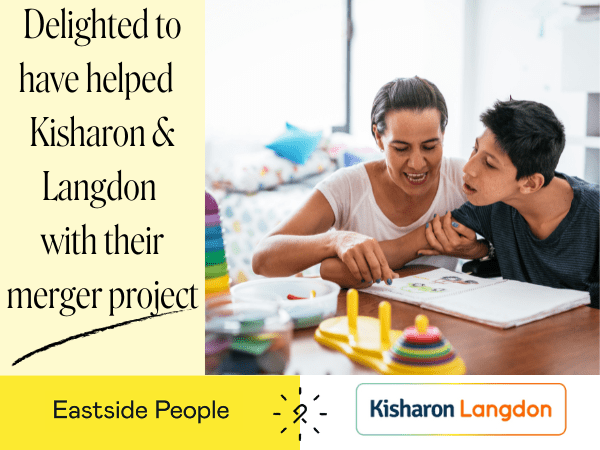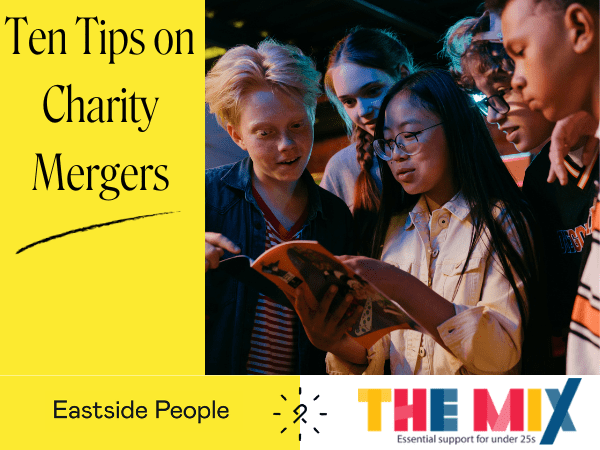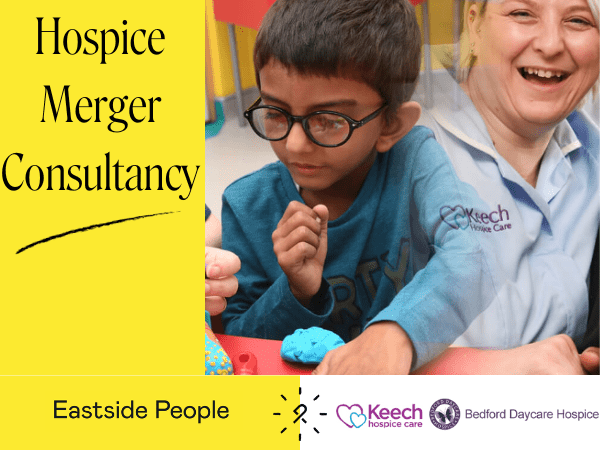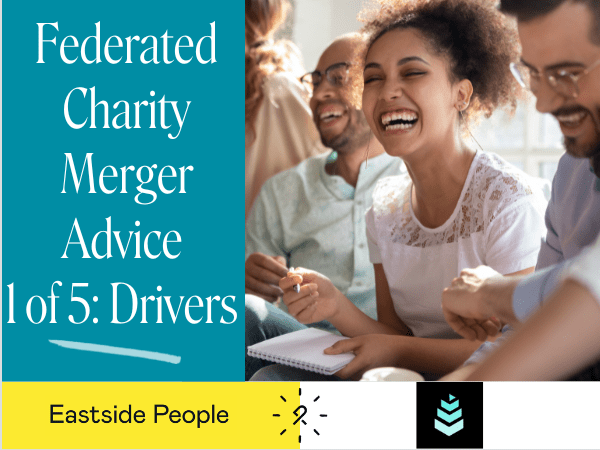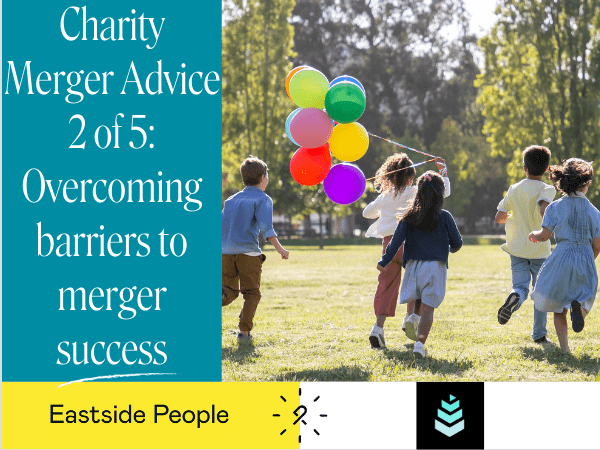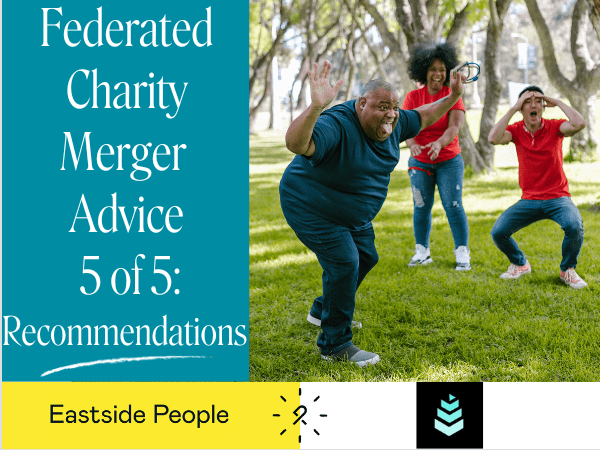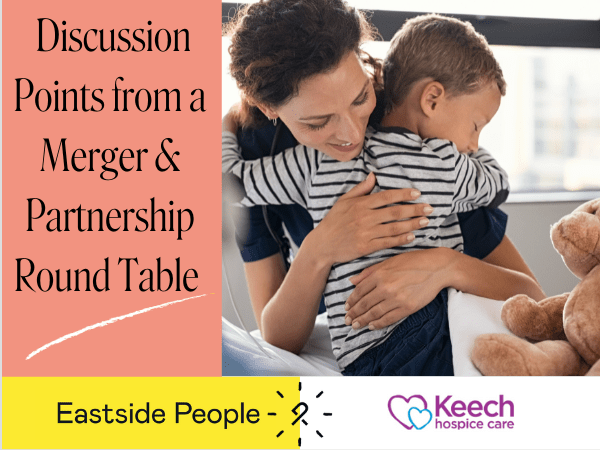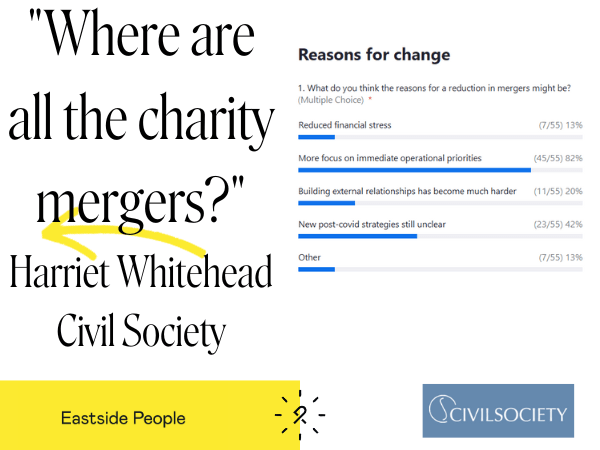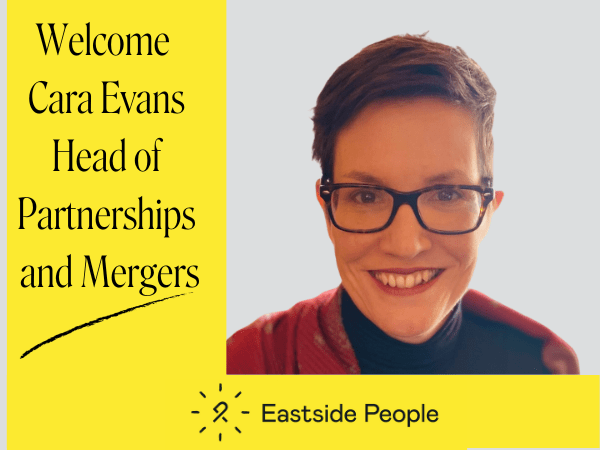Merger blog: Liz Searle, CEO of Keech Hospice Care, Paul Townsley Chief Executive of HumanKind and Sir David Holmes CBE, Chief Executive of Family Action, were our 3 panellists at the launch of our Charity Good Merger Index earlier this year.
When asked what to list the top issues that people should consider when merging a charity to ensure the best chance of success, this is what they had to say:
Liz Searle, CEO of Keech Hospice Care:
- There was a challenge around making sure that we took both boards with us. Longer term, it’s important to make sure that the board taking on the liabilities and undertakings of the merged charities has every opportunity to be briefed, has access to legal advice independently of the merger team to be able to ask their own questions
- Mergers are risked-based activities so it’s important to make sure that risks are clear and openly identified. Due diligence is never going to be perfect and there’s a weighing up of balance across that. We thought that we would be able to get 100% of all the information we needed but we quickly realised that that wouldn’t be the case
- Be really clear why you are doing it. We had the support of Eastside People charity merger consultants which was great and together we developed a ‘Reasons to believe’ document which allowed us to always come back to the reasons why we were going through the merger and checking that we were still on that journey. We still go back to it now in our transition to look to see how close are we to our original vision for the merger.
Hear Liz Searle discuss how Keech Hospice Care managed the merger with Bedford Daycare Hospice.
Paul Townsley Chief Executive of HumanKind:
- The relationship and the relationship management. Make sure there is a compatible fit between the 2 organisations in terms of how people see the potential and the opportunity. If you feel that that isn’t there then you need to fairly quickly walk away from the opportunity
- The business case and the ‘why are you doing it’. What’s the benefit for the people you are working with and your strategy and your mission and purpose
- The due diligence on whether there are any reasons not to progress also checking whether there is that clear fit.
Then if you decide to go ahead and merge the charities, there needs to be a real process of taking people on that journey with you.
Sir David Holmes CBE, Chief Executive of Family Action,
Having been part of 8 charity mergers, David considers the psychology of mergers:
- Psychological readiness – both parties have to be ready for and positively want to merge and recognise that it’s a process of give and take. If you want to merge the charities just for what you can get, it’s not going to work because if you’re the party being ‘acquired’, there are things that you are inevitably going to have to give up that will need to change. If you’re the party that’s acquiring, then there has to be so much respect for the entity that this is happening to – how they work. This can’t just be a take-over. So are you both ready for what this will involve?
- Energy – a pair of Chief Executives can kill a merger themselves. If that energy isn’t there to really push through and achieve it, then the process will end almost before it’s begun. That energy has to be there, and it has to be continuous because there is a lot to work
- Culture – Be really mindful of organisation culture because organisations are different, and it can take a matter of a few years for 2 different organisation really to come together and start operating as one. You have to be mindful and respectful of those cultural issues but also recognise that cultures need to change if you’re bringing organisations together. We seem to talk less about these aspects of merger and focus on the complexities and the technicalities, the money but not really the psychological processes that are involved as well.
Find out more about the charity merger process by reading the Charity Good Merger Index and watching the event recording where all 3 charity chief executives above were panellists: https://eastsidepeople.org/resource/charity-good-merger-index-launch-recording-24/

